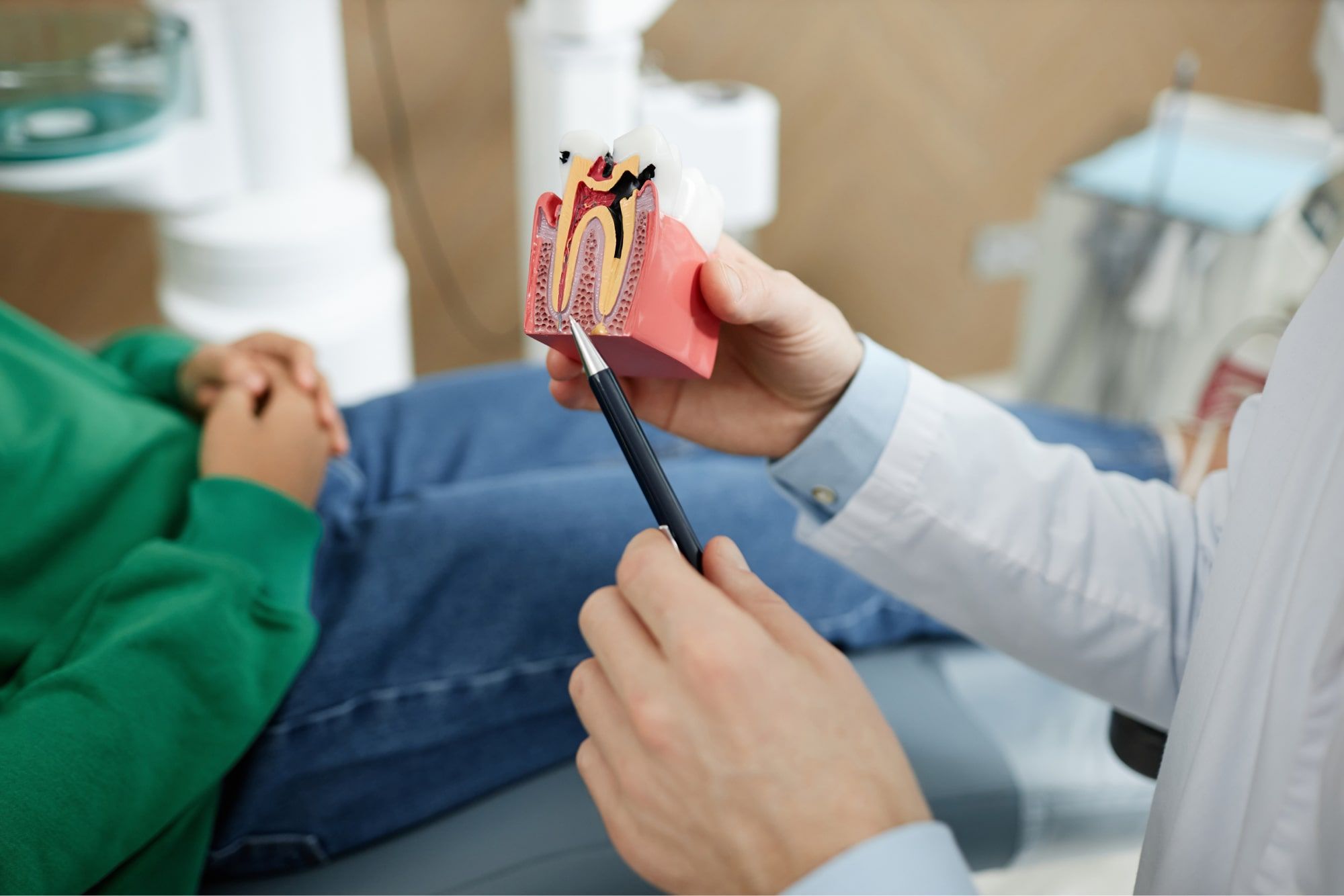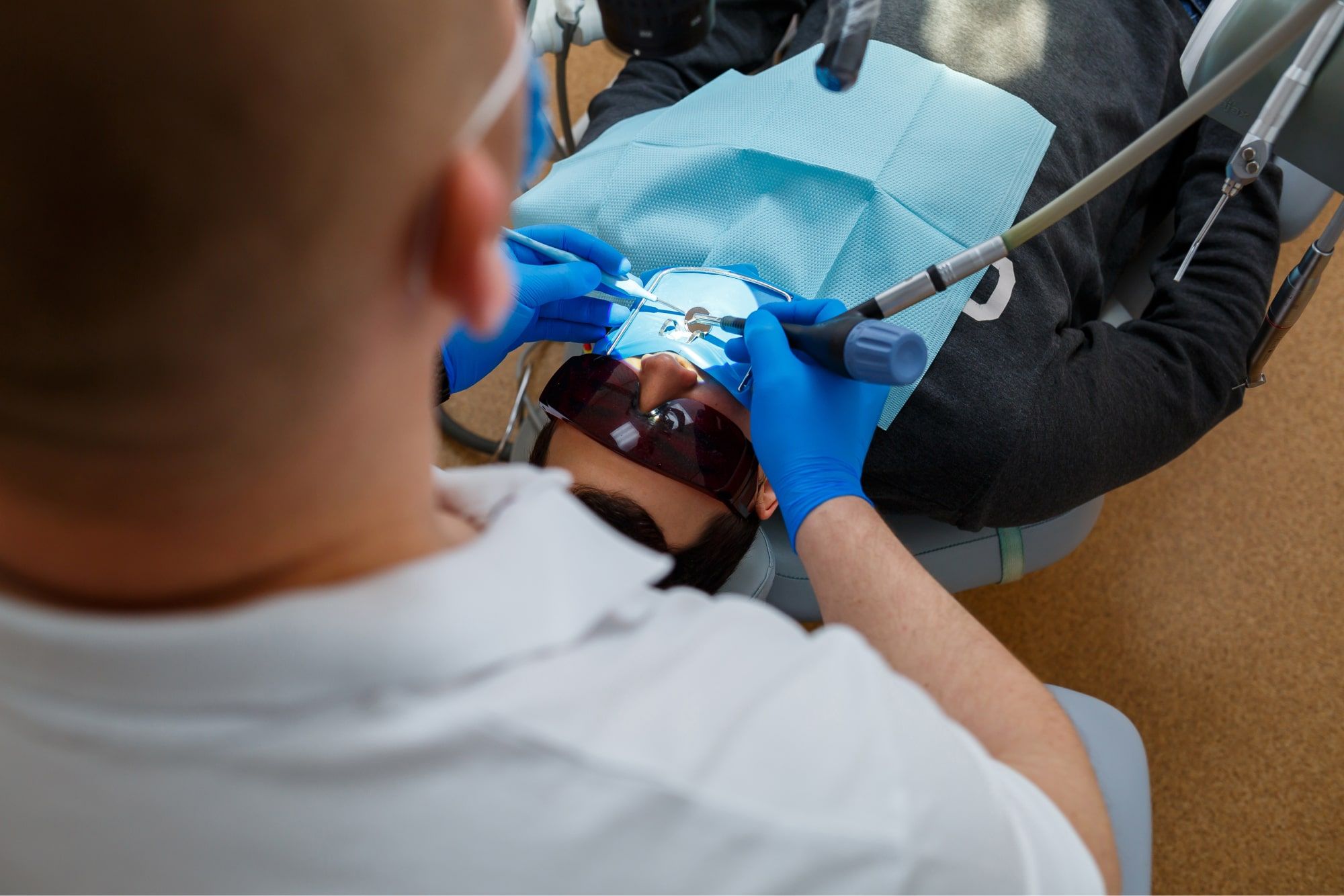
Endodontics, a specialized field in dentistry, focuses on the intricate internal structures of teeth. The term originates from the Greek words “endo” (inside) and “odont” (tooth), referring to the pulp, nerves, and arterioles within the tooth. Endodontists undergo further training post-dental school, equipping them to handle a range of procedures, from basic to complex, such as root canal therapy.
In the past, teeth with diseased nerves were commonly pulled out. However, modern endodontic techniques allow for the preservation of natural teeth. Endodontists can now remove the damaged inner structures, seal the tooth with a crown, and restore its health and function.
Signs and symptoms indicating endodontic issues include:
Endodontic treatment, commonly known as root canal therapy, is crucial for preserving natural teeth. Despite the availability of advanced restorations, dentists unanimously agree that nothing can fully replace the functionality and resilience of healthy, natural teeth.
Here are the primary causes of inner tooth damage:
Bacterial Infections: Oral bacteria are the leading culprits behind endodontic issues. These bacteria infiltrate the tooth pulp through tiny fissures caused by decay or injury, triggering inflammation and infection that endanger the tooth’s health and may lead to abscess formation.
Fractures and Chips: Extensive surface damage or crown detachment often necessitates root canal therapy. Exposed pulp resulting from such damage can cause severe pain and complications.
Injuries: Trauma to the teeth, whether direct or indirect, can result in luxation or dislodgement. Root canal therapy becomes necessary once the injured tooth has been stabilized by an endodontist.
Avulsion: When a tooth is completely knocked out of its socket, immediate action is crucial. Rinsing the tooth and repositioning it in the socket or storing it in a dental solution or milk preserves its viability until emergency dental care is obtained. The tooth will then be secured in place with a splint, followed by root canal therapy to save it.
Root canal therapy typically spans one to three visits. Prior to treatment, comprehensive X-rays of the teeth are taken and examined.
First, a local anesthetic is administered, and a dental dam is placed to maintain a sterile environment. Then, an opening is made in the tooth’s surface, and the pulp is removed using small instruments.
The space is then shaped, cleaned, and filled with gutta-percha, a biocompatible material similar to rubber. Cement is applied to seal the root canals completely. Usually, a temporary filling is placed for interim functionality before the final visit, where a permanent restoration or crown is installed.
For any questions or concerns about endodontic procedures, feel free to reach out to our office.





Brenner Dental Arts is committed to your well-being and smile. Our non-judgmental care caters to all dental needs. Book your visit at our Brooklyn office now or dial